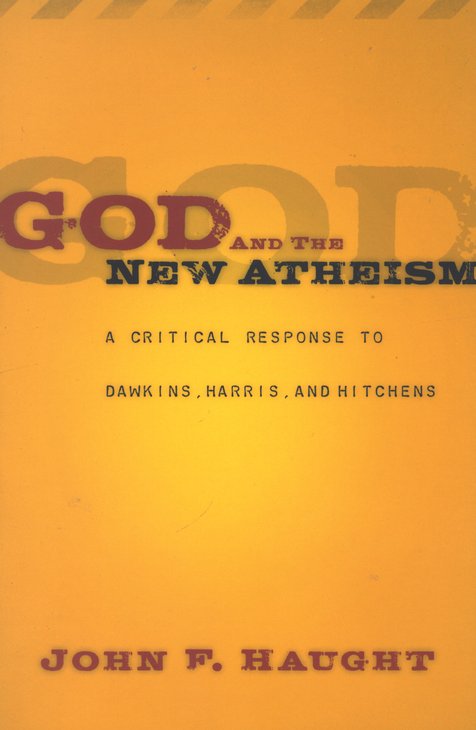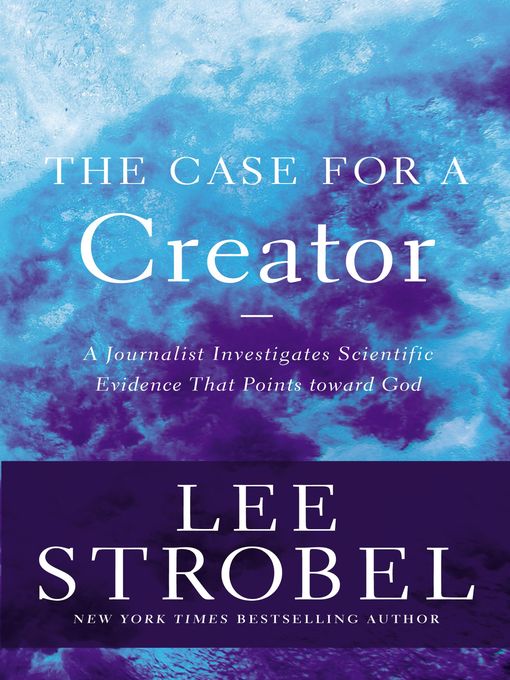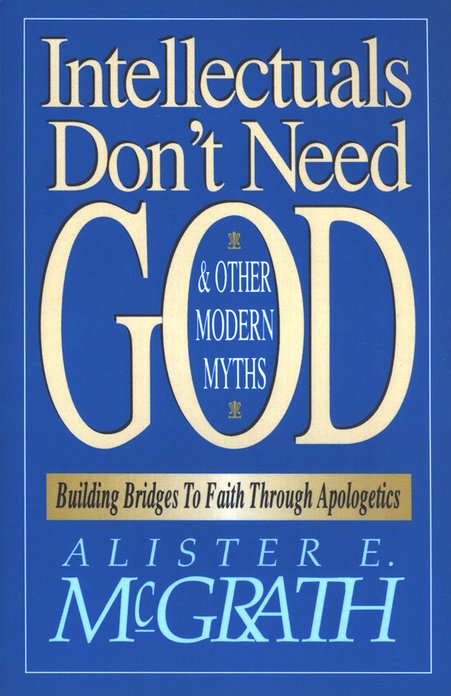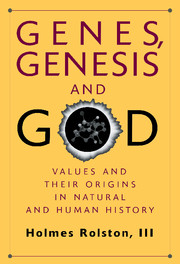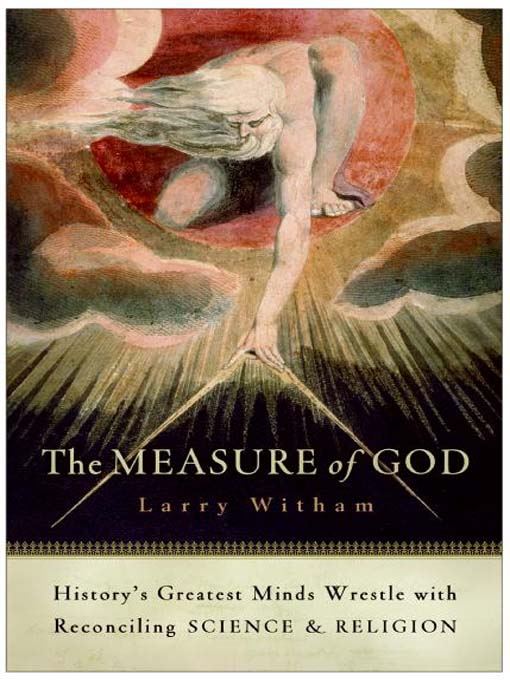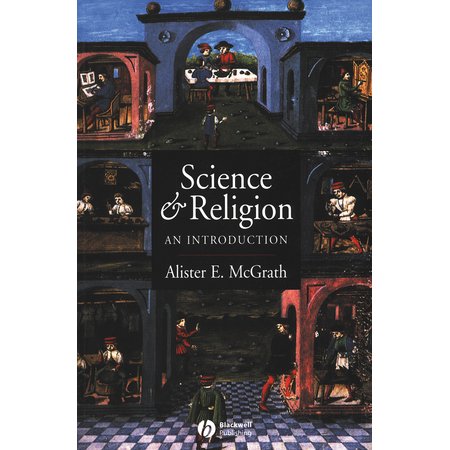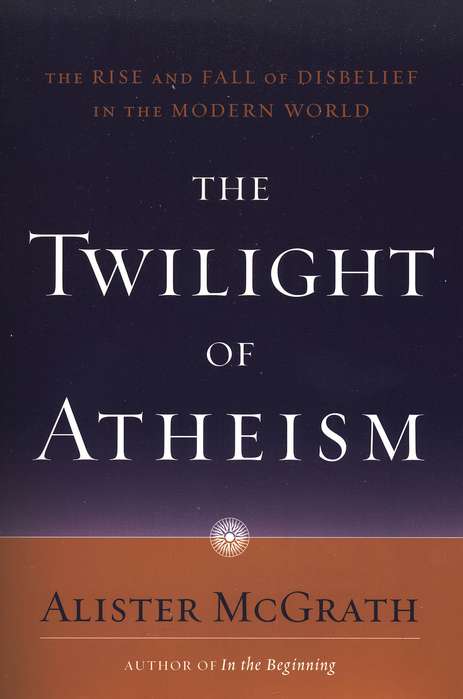The Reason for God: Belief in an Age of Skepticism
By: Timothy Keller
Dutton Adult / 2008 / Hardcover
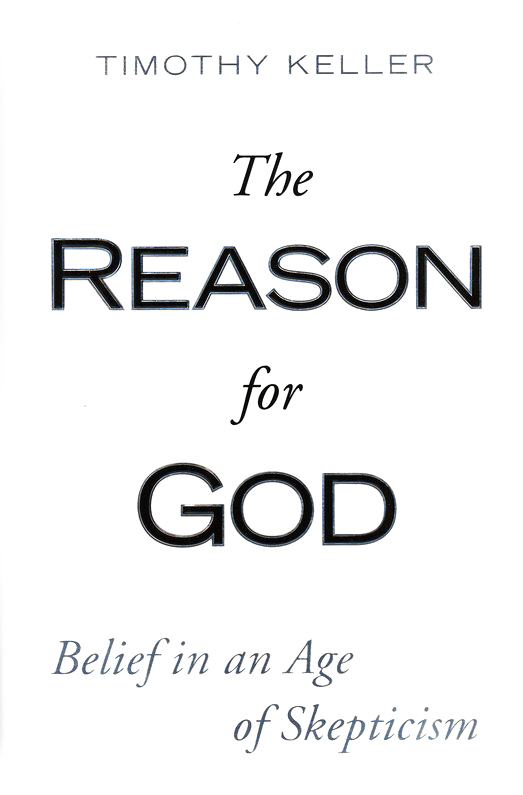 From the website:
From the website:
Why does God allow suffering in the world?
How could a loving God send people to Hell?
Why isn’t Christianity more inclusive?
How can one religion be “right” and the others “wrong”?
Why have so many wars been fought in the name of God?
These are just a few of the questions and doubts even ardent believers wrestle with today. As the founding pastor of Redeemer Presbyterian Church in New York City, Timothy Keller has compiled a list of the most frequently voiced “doubts” skeptics bring to his church as well as the most important reasons for faith. And in The Reason for God, he addresses each doubt and explains each reason.
Keller uses literature, philosophy, real-life conversations, and reasoning to explain how faith in a Christian God is a soundly rational belief, held by thoughtful people of intellectual integrity with a deep compassion for those who truly want to know the truth.
Book Description:
How could a loving God send people to hell? Why does he allow suffering? Can one religion be "right" and the others "wrong"? Responding to the questions of open skeptics and ardent believers, Keller draws from literature, philosophy, reason, and real-life conversations to explain how faith in a Christian God is a soundly rational belief.
Publisher's Description:
The End of Faith. The God Delusion. God Is Not Great. Letter to a Christian Nation. Bestseller lists are filled with doubters. But what happens when you actually doubt your doubts?
Although a vocal minority continues to attack the Christian faith, for most Americans, faith is a large part of their lives: 86 percent of Americans refer to themselves as religious, and 75 percent of all Americans consider themselves Christians. So how should they respond to these passionate, learned, and persuasive books that promote science and secularism over religion and faith? For years, Tim Keller has compiled a list of the most frequently voiced “doubts” skeptics bring to his Manhattan church. And in The Reason for God, he single-handedly dismantles each of them. Written with atheists, agnostics, and skeptics in mind, Keller also provides an intelligent platform on which true believers can stand their ground when bombarded by the backlash. The Reason for God challenges such ideology at its core and points to the true path and purpose of Christianity.
Why is there suffering in the world? How could a loving God send people to Hell? Why isn’t Christianity more inclusive? Shouldn’t the Christian God be a god of love? How can one religion be “right” and the rest “wrong”? Why have so many wars been fought in the name of God? These are just a few of the questions even ardent believers wrestle with today. In this book, Tim Keller uses literature, philosophy, real-life conversations and reasoning, and even pop culture to explain how faith in a Christian God is a soundly rational belief, held by thoughtful people of intellectual integrity with a deep compassion for those who truly want to know the truth.
Author Bio:
As the founding pastor of Redeemer Presbyterian Church in New York City, Tim Keller started his congregation with a few dozen people. It now draws over five thousand weekly attendees who meet in three Manhattan locations. Redeemer has since spawned a movement of churches across America and throughout major world cities. Many pastors model their churches on Redeemer and Tim’s thoughtful style of preaching.
Publisher's Weekly:
In this apologia for Christian faith, Keller mines material from literary classics, philosophy, anthropology and a multitude of other disciplines to make an intellectually compelling case for God. Written for skeptics and the believers who love them, the book draws on the author's encounters as founding pastor of New York's booming Redeemer Presbyterian Church. One of Keller's most provocative arguments is that "all doubts, however skeptical and cynical they may seem, are really a set of alternate beliefs." Drawing on sources as diverse as 19th-century author Robert Louis Stevenson and contemporary New Testament theologian N.T. Wright, Keller attempts to deconstruct everyone he finds in his way, from the evolutionary psychologist Richard Dawkins to popular author Dan Brown. The first, shorter part of the book looks at popular arguments against God's existence, while the second builds on general arguments for God to culminate in a sharp focus on the redemptive work of God in Christ. Keller's condensed summaries of arguments for and against theism make the scope of the book overwhelming at times. Nonetheless, it should serve both as testimony to the author's encyclopedic learning and as a compelling overview of the current debate on faith for those who doubt and for those who want to reevaluate what they believe, and why. (Feb. 14) Copyright 2008 Reed Business Information.
Customer Reviews:
Average Rating:
5 out of 5 stars, 4 of 4 Reviews Showing:
4.5 out of 5 stars,Reviewed by www.bookbargainsandpreviews.com (Batavia, NY), May 11, 2008
This is a wonderful work of Christian apologetics. It examines the tough questions that are asked, not just by unbelievers, but by believers also. It also takes a look at the arguments used to attack the Christian Faith and gives the reader the tools to stand up for their beliefs. The Reason for God is written in an easy to read, understandable fashion, not just for the scholar. It is a book that everyone should have on hand to sharpen our skills in debating the existence of God with an unbeliever.
4.5 out of 5 stars,Reviewed by Dave (Sterling, CO), May 09, 2008
A very well written book, this is an excellent resource for anyone who is seeking, has seeking friends or family, or anyone (like myself) who is into Apologetics. The book is broken into two main sections, the first examines the main secular arguments AGAINST God and Christianity, exposing the logical fallacies and misconceptions of the vast majority of atheist arguments. The second section is a general overview of a lot of affirmative evidence FOR creationism and Theism in general, and for God and Christianity in particular. The author, while clearly speaking from a Reformed perspective, does an excellent job addressing the issues, while leaving the theological implications to the reader. My only complaint is that this book does seem to mostly stick to hitting the high points of an argument, and is not heavy on the details. This is a minor complaint, however, as there is a LOT of content, and if each subject were given an in-depth treatment, the book would need instead to be several volumes. I highly recommend this book to anyone who is curious about faith, wants to deepen their faith, or wants help sharing it.
5 out of 5 stars,Reviewed by Karl Schaffenburg (West Point, MS), May 01, 2008
Outstanding. The best piece of Christian apology I have seen since Lewis (with apologies to N.T. Wright). Not only is the work accessible, it examines in detail the argumnets which underly secular attacks on the faith, allowing an apologist to engage a doubter on their own field. I am using this now as the foundation for an enquirers' class of the college-aged.
5 out of 5 stars,Reviewed by Rev. Doyle peyton (Bellville, Ohio), April 17, 2008
A good apologetic work written to answer common objections to the faith. It is written in a fashion more understandable for the modern mindset than some of the older classic works. His chapter on the centrality of the cross, though helpful, I believe clouds the full understanding of Christ's death as propitiation.

